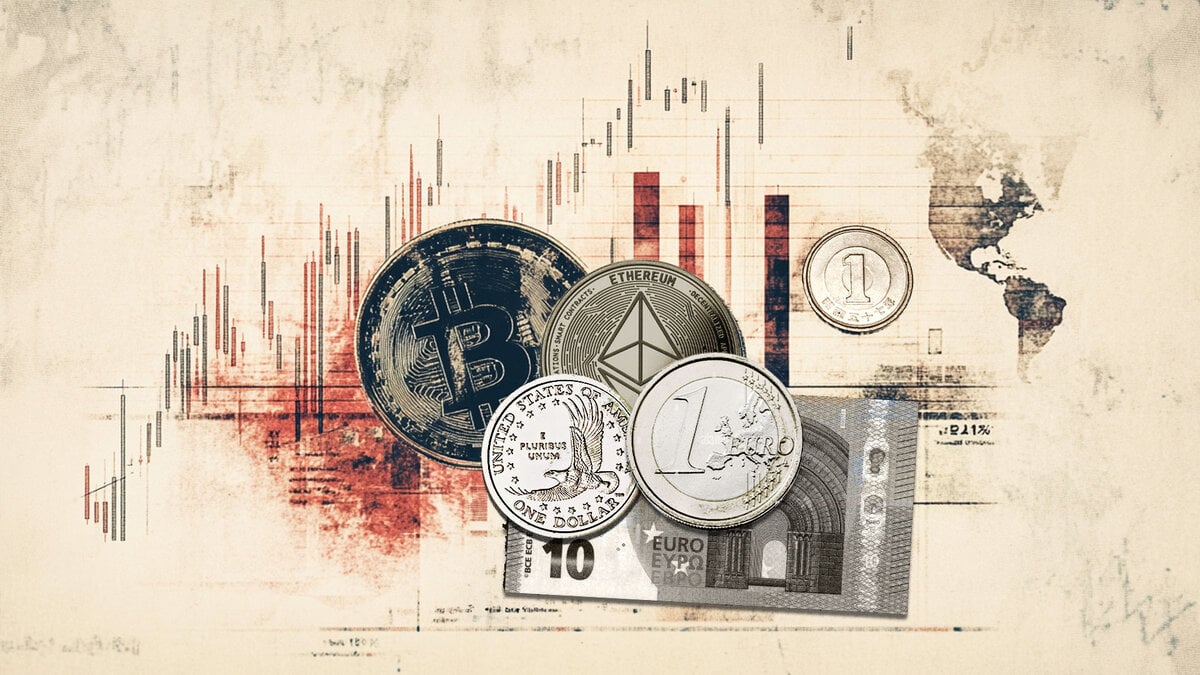Created
: 2025.06.19














![]() 2025.06.19 16:53
2025.06.19 16:53
Buy the rumour, sell the fact for the EUR/CHF on Wednesday, as the pair has reacted lower to the Swiss National Bank's decision to cut its benchmark rate by 25 basis points, to 0% after its monetary policy meeting.
The EUR/CHF has pulled back from the 0.9420 area to levels right below the 0.9400 level. From a wider perspective, however, the pair remains trading sideways, in the upper range of the last two months' horizontal channel, from 0.9300 to 0.9440.
The SNB has been one of the most dovish among the major central banks, slashing rates by 175 basis points since March 2024, forced by deflationary pressures in the Swiss economy.
Consumer prices fell into negative levels in May for the first time since 2021. The yearly CPI contracted at a 0.1% pace, and boosted speculation that the SNB might be the first major central bank to revive negative interest rates.
The dovish SNB policy is offsetting the positive impact of risk aversion in the safe-haven CHF, allowing the Euro to appreciate about 0.8% in the last four weeks. The pair, however, is nearing a key area at the mentioned 0.9445, which is likely to pose a significant challenge for bulls, especially if geopolitical tensions remain high.
The Swiss National Bank (SNB) is the country's central bank. As an independent central bank, its mandate is to ensure price stability in the medium and long term. To ensure price stability, the SNB aims to maintain appropriate monetary conditions, which are determined by the interest rate level and exchange rates. For the SNB, price stability means a rise in the Swiss Consumer Price Index (CPI) of less than 2% per year.
The Swiss National Bank (SNB) Governing Board decides the appropriate level of its policy rate according to its price stability objective. When inflation is above target or forecasted to be above target in the foreseeable future, the bank will attempt to tame excessive price growth by raising its policy rate. Higher interest rates are generally positive for the Swiss Franc (CHF) as they lead to higher yields, making the country a more attractive place for investors. On the contrary, lower interest rates tend to weaken CHF.
Yes. The Swiss National Bank (SNB) has regularly intervened in the foreign exchange market in order to avoid the Swiss Franc (CHF) appreciating too much against other currencies. A strong CHF hurts the competitiveness of the country's powerful export sector. Between 2011 and 2015, the SNB implemented a peg to the Euro to limit the CHF advance against it. The bank intervenes in the market using its hefty foreign exchange reserves, usually by buying foreign currencies such as the US Dollar or the Euro. During episodes of high inflation, particularly due to energy, the SNB refrains from intervening markets as a strong CHF makes energy imports cheaper, cushioning the price shock for Swiss households and businesses.
The SNB meets once a quarter - in March, June, September and December - to conduct its monetary policy assessment. Each of these assessments results in a monetary policy decision and the publication of a medium-term inflation forecast.
![]()
Created
: 2025.06.19
![]()
Last updated
: 2025.06.19

FXStreet is a forex information website, delivering market analysis and news articles 24/7.
It features a number of articles contributed by well-known analysts, in addition to the ones by its editorial team.
Founded in 2000 by Francesc Riverola, a Spanish economist, it has grown to become a world-renowned information website.
We hope you find this article useful. Any comments or suggestions will be greatly appreciated.
We are also looking for writers with extensive experience in forex and crypto to join us.
please contact us at [email protected].
Disclaimer:
All information and content provided on this website is provided for informational purposes only and is not intended to solicit any investment. Although all efforts are made in order to ensure that the information is correct, no guarantee is provided for the accuracy of any content on this website. Any decision made shall be the responsibility of the investor and Myforex does not take any responsibility whatsoever regarding the use of any information provided herein.
The content provided on this website belongs to Myforex and, where stated, the relevant licensors. All rights are reserved by Myforex and the relevant licensors, and no content of this website, whether in full or in part, shall be copied or displayed elsewhere without the explicit written permission of the relevant copyright holder. If you wish to use any part of the content provided on this website, please ensure that you contact Myforex.
Myforex uses cookies to improve the convenience and functionality of this website. This website may include cookies not only by us but also by third parties (advertisers, log analysts, etc.) for the purpose of tracking the activities of users. Cookie policy